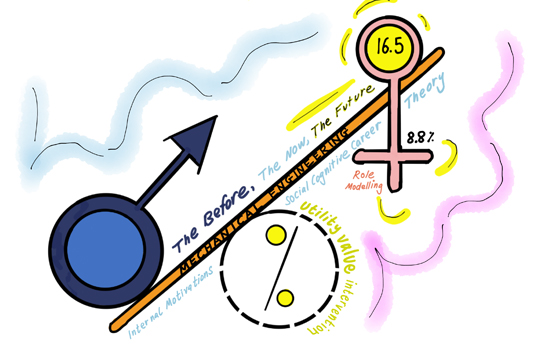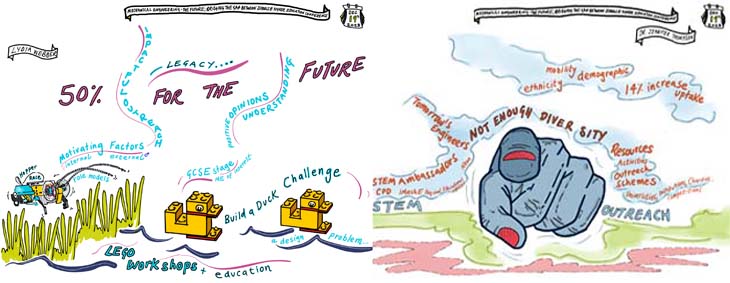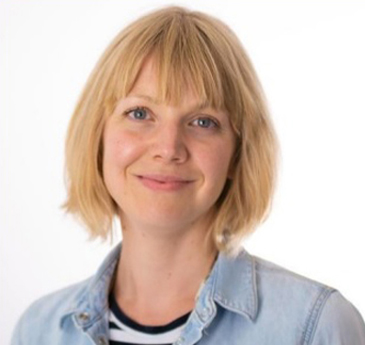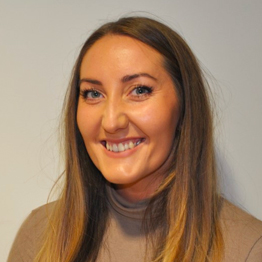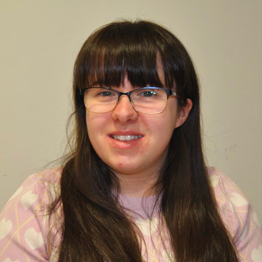- Mechanical Engineering Society
Run by our very own student cohort to enhance our ME community and create a more inclusive culture through fun and educational social events.
- Teamwork contracts and conflict resolution process
Developed and implemented within all group based design projects in Mechanical Engineering. A Teamwork contract that encourages respectful treatment of all team members; along with a clear process for dealing with unacceptable behaviours and attitudes. The teamwork contract was developed around 4 sources of conflict within teams: Status, Relationships, Process and Tasks.
Work has been presented on the implementation of this approach and several conferences. For further information on the teamwork contract please contact jennifer.thompson@swansea.ac.uk and ben.morgan@swansea.ac.uk



